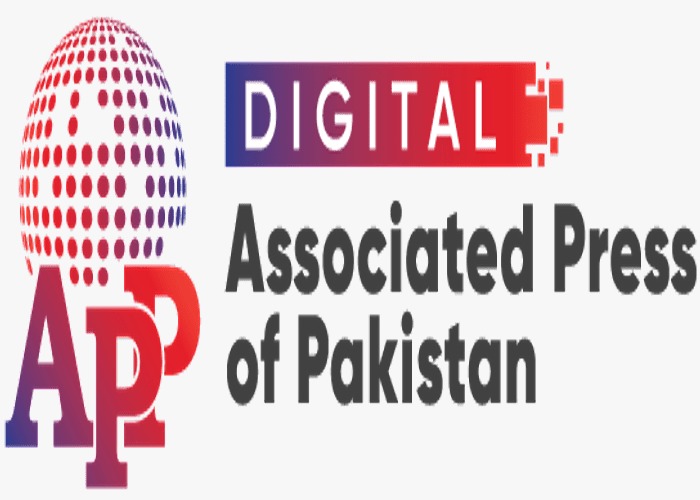ISLAMABAD, Dec 11 (APP): The speakers at a stakeholder discussion on women’s role in democratic governance on Monday stressed the need to rethink and review the existing strategies for women to ensure equality in the society as key to ensure empowerment and inclusivity.
The stakeholder discussion on Women’s Inclusion in Democratic Governance was organized by the South Asia Partnership Pakistan (SAPP) under the Jazba Project with the support of the Canadian government.
Caretaker Federal Minister for Information and Broadcasting Murtaza Solangi was the chief guest on the occasion who also addressed the gathering.
Senator Farhat Ullah Babar of Pakistan Peoples Party (PPP) said the status achieved by the women of “our society is all because of their relentless efforts and struggle. However, there are still 11 million women voters who do not have identity cards and are disenfranchised in the elections.”
He added that the turnout of women voters as compared to men in 2018 elections was increasingly low which should have improved the mandate of the elected representatives if they were given the opportunity.
He urged to ensure implementation of the Supreme Court orders regarding women rights and empowerment of the women of Non-Muslim minorities and the ban on jirgas (community leaders convening deciding societal disputes).
The European Union Delegation envoy highlighted the Union’s initiatives focusing women rights as a key priority for the world and especially Pakistan.
The Canadian Development Organization, Representative, Alicia Susa highlighted the challenges to women and minorities in democratic governance and underscored continued interventions to increase political empowerment of women by the agency.
Amin Sayed from UNDP underscored the need for women participation in the electoral process.
Muhammad Tehsin, Chief of SAPP while presenting the forum’s recommendations urged the government to ensure that the violation of code of conduct and violence in elections was contained as both the interventions barred women to participate in the electoral process.
Naeem Mirza, Executive Director Aurat Foundation, said that there was a need to review and revise strategies as the world over women ratio in Parliament was not improved through legislation but rather political parties.
He demanded the political parties to mention women empowerment and inclusion in their party manifestos.
Pakistan Muslim League-Nawaz (PML-N) leader Senator Afnanullah Khan was dissatisfied with the proportion of women’s participation in democracy and politics. He said that women faced challenges on many fronts including society, home and parliament.
“We have done a lot of work regarding women’s legislation. We are including an insurance program to empower women in our party manifesto. In elections, tickets are given not on the basis of gender but on the basis of performance,” he said.
Jamiat Ulema-e-Islam leader Shahida Akhtar Ali said whenever the political parties had extended an opportunity to women, they showed promising results.
“Understating women is a huge problem. Our party was not in favour of increasing the quota of women from five percent,” she added.
Naz Baloch of PPP said Benazir Bhutto set a great example for women by highlighting that the role of women was crucial in the society. “Women should be represented in general elections in seats where they can contest directly in the polls,” she added.

